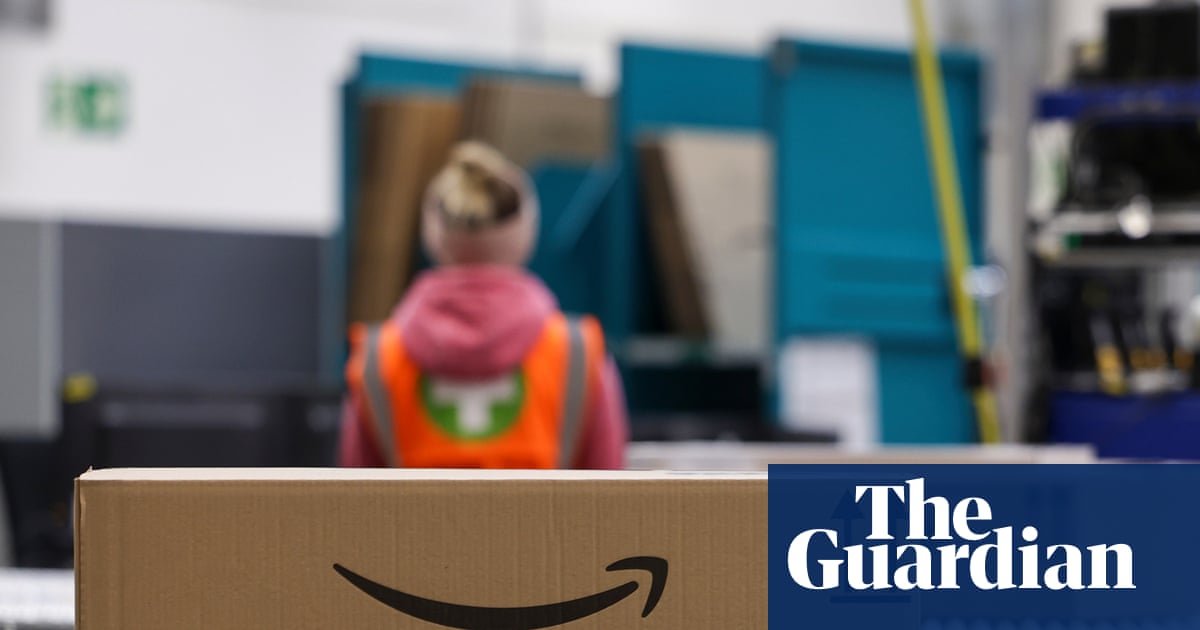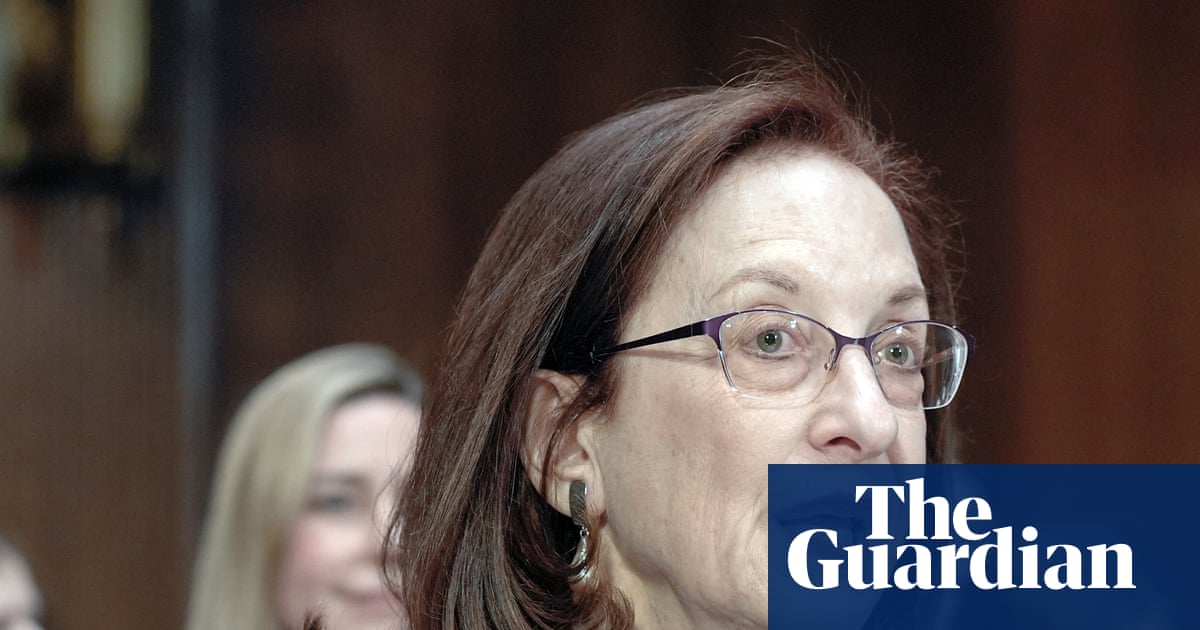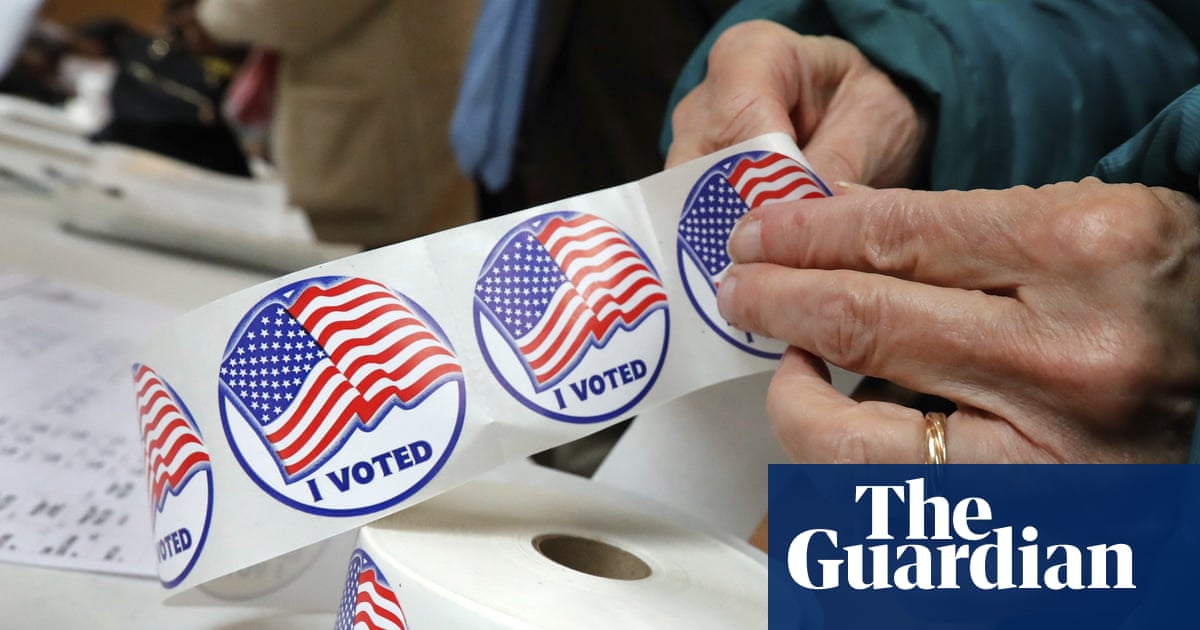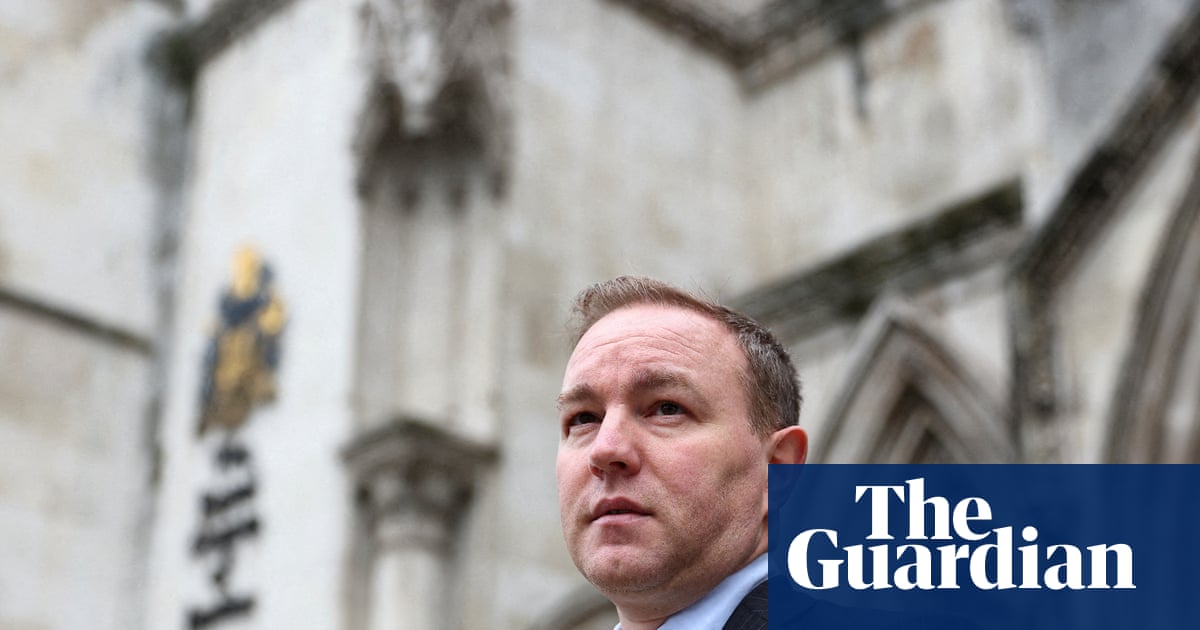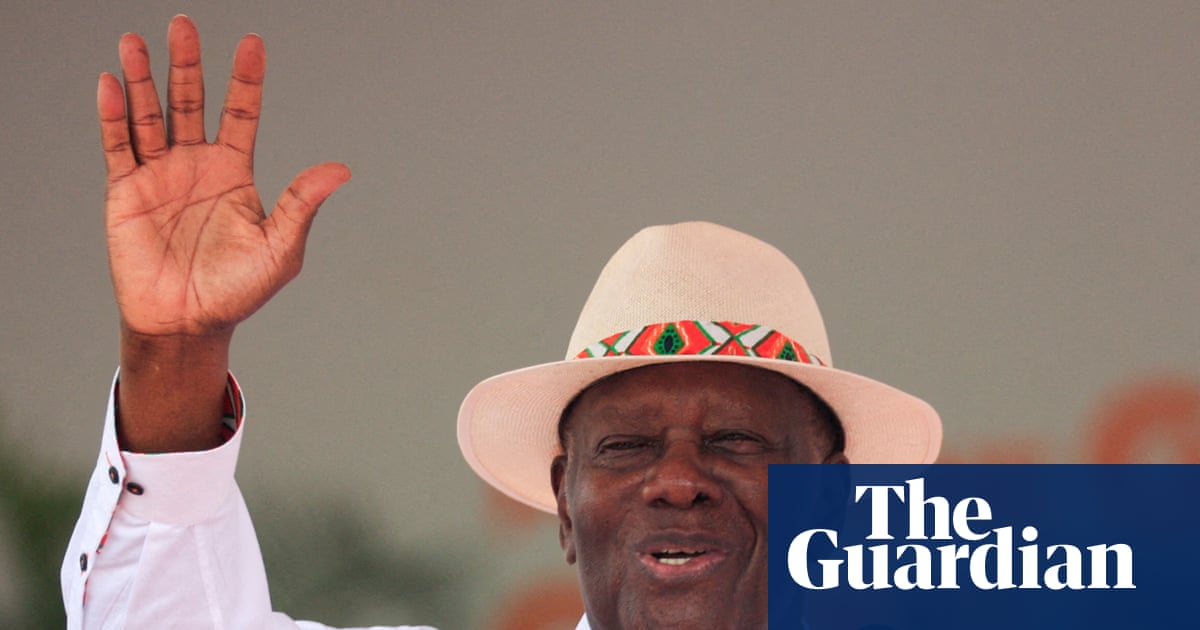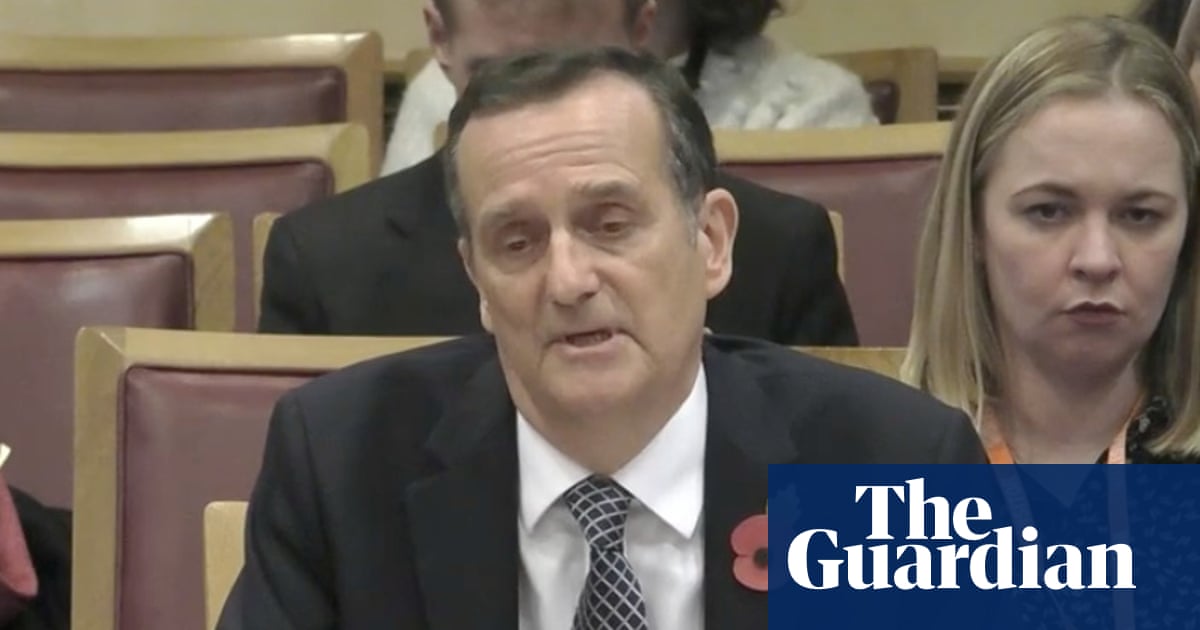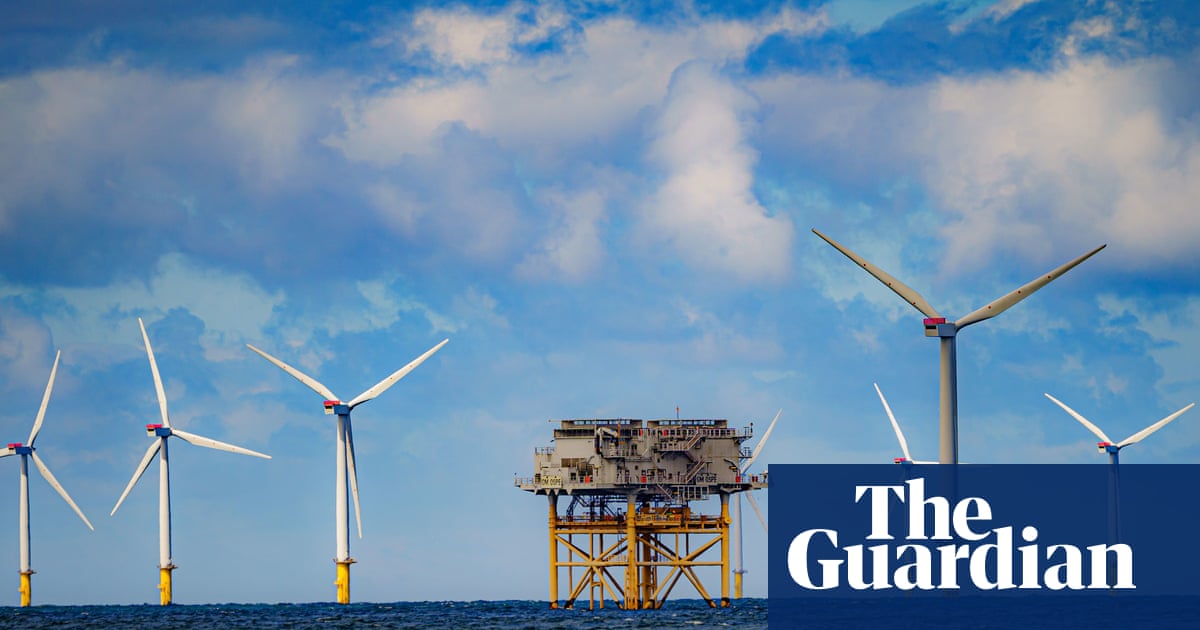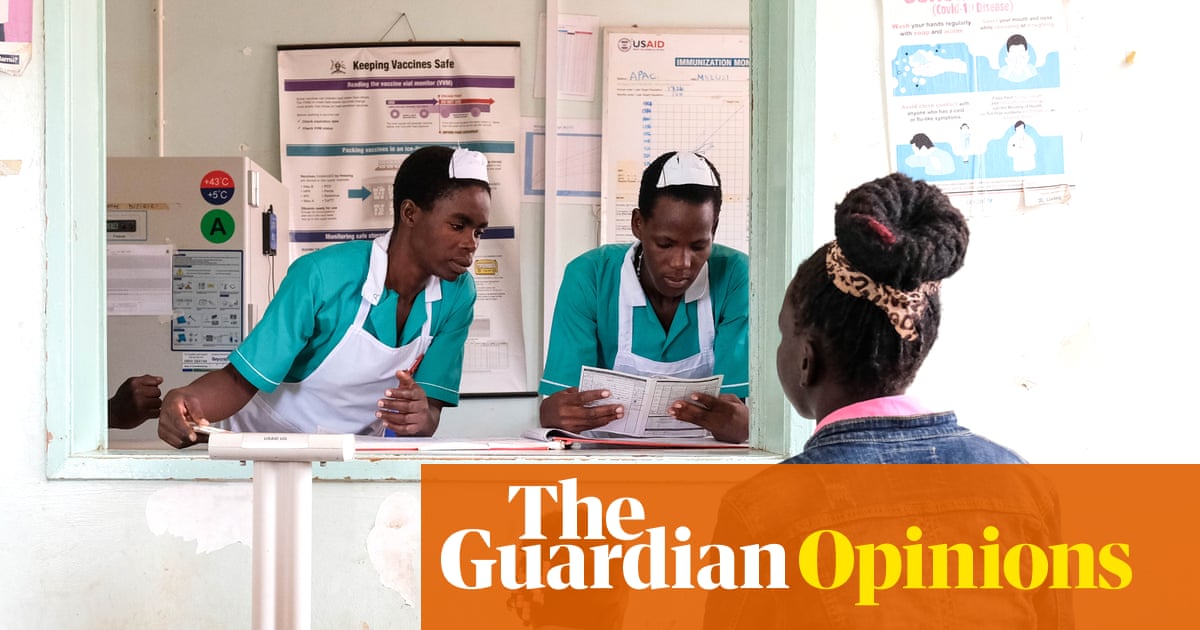I love flying. I’ve wanted to be a pilot since I was young. I grew up in Chichester, West Sussex, under a flight path used by Gatwick airport planes, and used to watch as they traversed the sky. In 2019, once I had qualified as an airline pilot, I began working for easyJet. Aviation connected me to my extended family in Canada, exposed me to different cultures and gave me an unforgettable career. But in November 2022, I handed over my airport ID card for the last time. I had grown increasingly anxious about the effect that our industry was having on the planet and, deep down, I knew that my concern for the climate crisis meant being an airline pilot was damaging my mental health.
Despite no longer working in the industry, my love of aviation has driven me to protect our ability to fly for future generations. It inspires me to address the uncomfortable realities and decisions our industry now faces. Everyone knows that aviation has a gigantic emissions problem. In 2022, the UK’s domestic and international flights produced 29.6m tonnes of CO2 equivalent emissions, accounting for about 7% of total UK greenhouse gas emissions. This is projected to increase to 11% by 2030, because while other sectors are decarbonising, aviation emissions will remain stable or even increase.
But the emissions problem stems from an even bigger problem. One report looked at emissions reduction and efficiency targets set by individual aviation companies over the past 25 years; all but one were missed and quietly abandoned. The industry knows that it’s a big contributor to the climate crisis, but decisions are made within power structures and processes that have failed to address these problems.
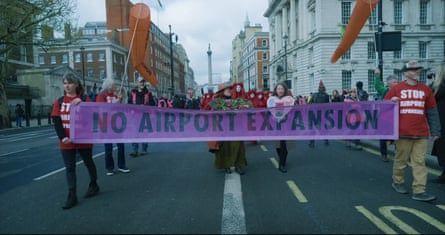
Airlines fight to outcompete each other on profit. They lobby governments to avoid the measures that we need to reduce emissions and protect the industry long-term. Meanwhile, governments have done little to regulate this aspect of the industry. This same short-term thinking is reflected in unions that support airport expansion in a bid to protect jobs and livelihoods. Unions have historically done a very good job at challenging employers over pay deals and terms and conditions. But in the aviation industry, unions are guilty of the same short-term thinking as employers.
There are plenty of ideas for how we create an aviation industry that’s fit for the future, starting with a non-negotiable emissions budget that would set limits on the total amount of greenhouse gases and carbon dioxide aviation can produce. We will also need aviation to pay its fair share in tax (currently, jet fuel is tax free). The government could introduce a frequent flyer levy, so those who use aviation the most (ie the very wealthy) would pay a tax to help fund the research and development of low-carbon technologies, which in turn could help to create more skilled jobs. In the future, a long-haul journey might comprise multiple, slower hops in a low-carbon hybrid electric aircraft, while shorter, essential flights, such as those to and from Scottish islands, could be taken in small electric aircraft.
The problem isn’t a lack of options. The industry is full of highly skilled and motivated people who want to do good in the world. It’s that the industry suffers from a crisis of imagination. There are two prevailing visions for the future of aviation, neither of which are compelling. Industry leaders want eternal growth, relying on speculative technologies and unproven carbon capture. Climate activists and advocates want an immediate reduction in air travel. While aviation workers can often see right through the former vision, the latter is hardly inspiring.
I was determined to do something about this, so in the spring of 2020 I joined Safe Landing, a community of aviation workers who want the industry to do better for the climate. We have been running workers’ assemblies that invite aviation workers to grapple with these issues which have been mostly neglected by politics. We want these to serve as an example to the government and also unions, which could commission their own assemblies to give workers a voice in how our industry will have to change. One of the most damaging ways to tackle the climate crisis is by forcing policies on people. Workers’ assemblies can bridge social divides, give people agency and control over their lives, and rebuild trust in politics.
There are so many ideas for how we could improve the future of flying. But first, we need to get to the heart of the power problem and start making decisions differently, both as an industry and as a country. Workers’ assemblies have to be part of the answer.
-
George Hibberd is a former airline pilot and now works with aviation workers in Safe Landing to run workers’ assemblies. He appears alongside fellow pilot Todd Smith in the Guardian documentary Guilt Trip

 3 months ago
57
3 months ago
57

